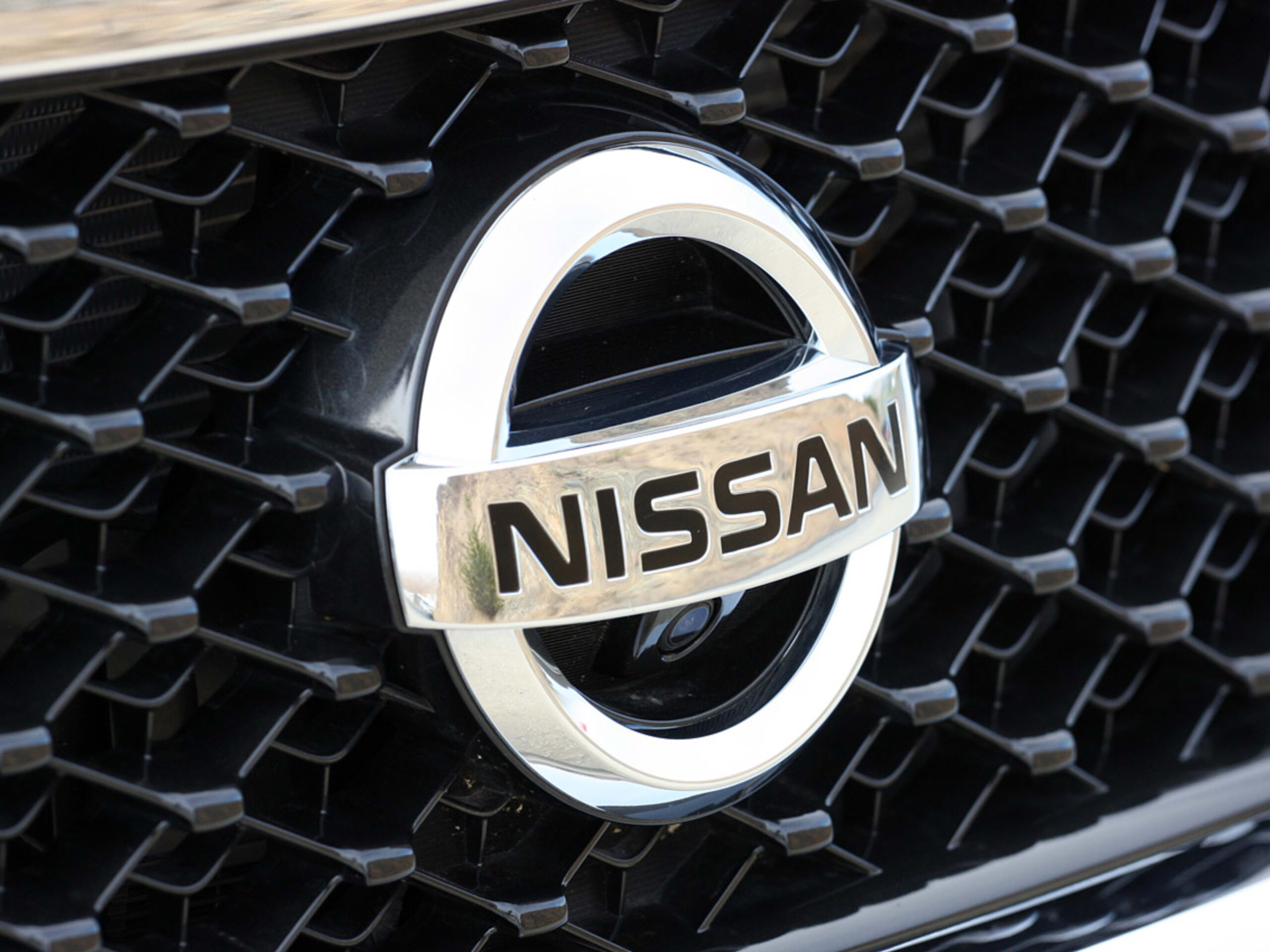 Car Reviews
Car Reviews
In a world where vehicle recalls can tarnish a brand’s image and inflict financial damage, Nissan’s strategic maneuvering in addressing potential safety issues sets a benchmark. With a keen focus on customer safety and satisfaction, Nissan’s proactive approach towards potential defects illustrates not only a dedication to quality but also an exemplary model for crisis management in the automotive industry.
Nissan’s handling of the situation, particularly with its 2013-2018 Altimas and 2016-2018 Maximas, showcases a blend of swift action, transparent communication, and customer-centric solutions that helped them avoid a formal recall while cementing customer trust. This article delves into the specifics of how they achieved this feat and what others can learn from it.
How Did Nissan Avoid a Major Recall?
Nissan faced a potentially massive recall when corrosion-related rear suspension issues emerged in certain models. The company’s response was a blend of warranty extensions and individual repairs rather than a blanket recall. This strategy not only addressed the defect efficiently but also maintained customer loyalty.
By opting for a targeted approach, Nissan was able to manage resources effectively and limit the scope of intervention. This decision was based on careful assessment, demonstrating that recalls can sometimes be avoided with the right measures in place.
Nissan’s ability to sidestep a massive recall was also facilitated by their early detection systems and rapid response protocols. The company’s quick action in sending out early warnings and implementing design changes was instrumental in this success.
Moreover, the company’s decision to extend warranties highlighted their commitment to standing by their products and customers, which played a crucial role in maintaining public trust.
What Were the Key Issues Involved?
At the core of the issue were corrosion-related defects in the rear suspension of Nissan’s Altima and Maxima models. These defects posed potential safety risks, prompting over 1,300 consumer complaints. Nissan’s challenge was to swiftly address these concerns without inciting panic or damaging the brand’s reputation.
The technical aspects involved the risk of rear suspension failure due to exposure to road salt in cold climates. This highlighted the need for robust manufacturing that could withstand diverse environmental conditions.
Nissan’s strategy also involved a keen understanding of the legal and customer service implications. They needed to navigate the concerns of not only customers but also regulatory bodies like the National Highway Traffic Safety Administration (NHTSA).

What Proactive Measures Did Nissan Implement?
To mitigate the impact of potential safety issues, Nissan extended the warranty on affected vehicles, assuring customers that their concerns were being taken seriously. Additionally, Nissan focused on repairing the specific issue, which often proved more cost-effective and timely than a full recall.
The company also invested in improving the design and manufacturing process to prevent similar issues from occurring in future models. This forward-thinking approach demonstrated Nissan’s commitment to long-term quality and safety.
Another proactive measure was the implementation of an enhanced customer service protocol, which included direct communications with vehicle owners and thorough inspections. Nissan ensured that all customer complaints were addressed with urgency and transparency.
How Did Customer Complaints Influence Nissan’s Strategy?
Customer feedback played a pivotal role in shaping Nissan’s response. The influx of complaints was a clear indicator that action was needed, and Nissan took these concerns as a cue to instigate thorough investigations and proactive measures.
This customer-driven approach not only helped Nissan identify the extent of the issues but also provided valuable insights into areas for improvement, directly informing their strategy to enhance vehicle safety and reliability.
By addressing customer complaints with sincerity and a willingness to solve problems, Nissan reinforced its image as a customer-centric brand, thereby bolstering customer loyalty even in the face of potential vehicle defects.
What Was the Role of NHTSA in the Investigation?
The National Highway Traffic Safety Administration (NHTSA) played a crucial oversight role in the investigation of Nissan’s suspension defects. While NHTSA’s involvement often leads to formal recalls, in this case, Nissan’s proactive approach allowed for a resolution that avoided a mandatory recall.
NHTSA’s inquiries were thorough, assessing the extent of the defect and the associated risks. Nissan’s cooperation and responsive measures aligned with NHTSA’s goal of ensuring public safety, which ultimately led to a satisfactory closure of the investigation without a recall order.
What Can Other Manufacturers Learn From Nissan’s Approach?
- Early Detection: Implement systems for early detection of potential issues to address them before they escalate.
- Customer Feedback: Listen to customer complaints and use them as a tool for improvement.
- Targeted Action: Consider targeted repairs and warranty extensions as alternatives to full recalls when appropriate.
- Regulatory Cooperation: Work transparently with regulatory bodies to ensure public safety and avoid enforced measures.
- Design and Process Improvement: Continually invest in design and process enhancements to prevent future defects.
How Does This Situation Impact Nissan’s Reputation?
While vehicle defects can often lead to negative publicity, Nissan’s careful handling of the situation has, in many ways, strengthened its reputation. By taking responsibility and acting decisively, Nissan showcased its dedication to quality and customer care, which can have a positive long-term impact on brand perception.

The proactive measures taken by Nissan in response to the suspension issues have also served as a template for how automotive manufacturers can adeptly handle potential crises in a way that prioritizes safety without compromising customer trust.
In the long run, Nissan’s strategic approach to avoiding a massive recall will likely be reflected in customer loyalty and brand integrity, setting a high industry standard for crisis management and customer satisfaction.
Further Insights on Nissan’s Strategy
For a deeper dive into how Nissan’s strategy unfolded and the larger context of automotive recalls, the following video provides valuable perspectives:
Frequently Asked Questions About Nissan’s Recall Strategy
How did Nissan manage to avoid a massive recall?
Nissan managed to avoid a massive recall by swiftly addressing the corrosion-related defects through warranty extensions and by repairing the specific issue on a case-by-case basis. This allowed them to contain the situation without the need for a broad and costly recall.
The company’s approach also relied on a robust system of customer feedback and early detection, which enabled them to act before the issue escalated to a crisis level.
What strategies did Nissan implement to address safety concerns?
To address safety concerns, Nissan focused on individual repairs and warranty extensions, which directly targeted the defect while reassuring customers. They also communicated openly with vehicle owners and worked closely with the NHTSA to ensure compliance and safety.
Further strategic efforts included design and manufacturing improvements to prevent similar defects in future models, showcasing a commitment to continuous improvement and customer safety.
What were the main issues that led to the investigation?
The main issues that led to the investigation were customer complaints regarding corrosion-related rear suspension failures in certain Nissan models. These complaints raised concerns over vehicle safety and prompted both Nissan and the NHTSA to look into the matter.

Intense scrutiny revealed the defects were more prevalent in regions using road salt, highlighting environmental factors in vehicle reliability.
How does Nissan ensure customer safety in the face of defects?
Nissan ensures customer safety by implementing a proactive approach that includes strict quality control measures, timely response to identified defects, and a customer service protocol focused on transparency and solution-driven actions.
They leverage customer feedback to identify potential issues early on and take appropriate measures to rectify them, often going beyond regulatory requirements to maintain customer trust.
What lessons can other car manufacturers learn from Nissan?
Other car manufacturers can learn the importance of early detection, customer-centric approaches to problem-solving, the benefits of targeted actions over broad recalls, and the value of transparent communication with both customers and regulatory agencies.
Additionally, manufacturers should recognize the significance of proactive strategies in maintaining brand reputation and customer loyalty, especially in the face of potential safety concerns.
